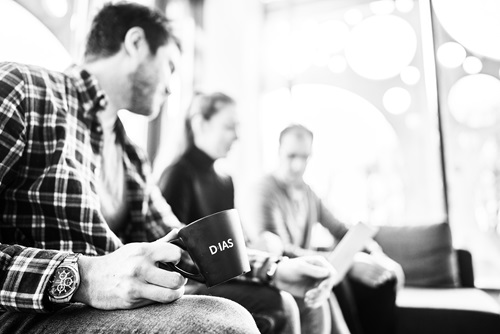DIAS på sociale medier
Se vores LinkTree
Et interdisciplinært eliteforskningscenter dedikeret til nysgerrighedsdrevet forskning i verdensklasse. DIAS er en selvstændig enhed på tværs af den traditionelle fakultetsstruktur på SDU.
Danish Institute for Advanced Study (DIAS) er et hjem for nysgerrige, ambitiøse forskere.
Vi samler fremragende forskere på tværs af discipliner og karrierestadier for at skabe rum til fri tænkning, nye forbindelser og idéer, der ikke passer ind i faste faglige kasser.
DIAS tilbyder et intellektuelt frirum for forskning i verdensklasse. Her mødes nysgerrighed, faglig dybde og tværdisciplinært samarbejde i arbejdet med nogle af tidens mest komplekse spørgsmål.

Sidst opdateret: 19.02.2026